Obscure Noir: Night Editor (1946)
Night Editor (1946) is another one of those seldom-seen, rarely discussed, low-budget noirs that is worth a look-see. (I’m giving fair warning that spoilers abound!) The film was based on the long-running radio program (sponsored by Edwards Coffee) in which a newspaper editor would recount the “inside scoop” of a newspaper story. In the film, the editor’s story is presented as a cautionary tale to a young newspaper reporter who is neglecting his wife and spends most of his time drinking. We learn from the newspaper editor that the young man, Johnny, hasn’t been home in two weeks, “and now he’s afraid to go.”
Over a midnight poker game in the newsroom, the editor intones that “a guy’ll make a mistake – then he’ll get in deeper and deeper – first thing you know a mountain falls on him.” He goes on to share the story of Tony Cochrane (William Gargan), a police detective with a wife and a young son. In flashback, we see Tony interact with his family, who both express concern and sorrow about his frequent absences from home. It turns out that his absences are due to a torrid – dare I say, dysfunctional – affair he is having with a wealthy socialite, June Merrill (Janis Carter). One night, while seated in his car at the beach, Tony says that he wants to end the relationship: “You’re just no good for me. We both add up to zero. You’re worse than blood poisoning.” But seconds later, they wind up in a passionate clinch, with June informing Tony: “You’ll never get away from me – I won’t let you. You’re like me. There’s a meanness inside of you that either has to hurt or be hurt. We were meant for each other.”
While they’re sitting, another car pulls up nearby with a man and a woman inside. The man exits the car and starts savagely beating the woman. Tony flashes his headlights, getting a clear look at the man, then jumps out to give chase, but June talks him out of it, warning of a scandal. Before they flee the scene, however, June tries to climb out of the car, going into a near-paroxysm of ecstasy at the idea of seeing the dead woman’s body. Later, we learn that she was a friend of the victim, Elaine Blanchard (although she doesn’t show much sympathy for the girl’s violent demise, calling her a “nasty little brat [who] probably had it coming to her.”)

The noirish essence of this still is a great representation of the oppressively dark tone of "Night Editor."
The majority of the film is devoted to Tony’s efforts to unearth the Elaine’s killer, while simultaneously trying to hide his own involvement. When a drifter is found with the dead woman’s jewels and arrested for her murder, Tony is even more determined to put the finger on the real culprit. By luck, while investigating records at the local bank, Tony spots the killer, Douglas Loring (Frank Wilcox) working there – turns out that June knows him as well (she even finds him “rather attractive”), but she flatly refuses to report Loring to police, not even to save the innocent man in custody. (In my favorite line from the movie, Tony reacts by telling June just what he thinks of her – “You’re rotten,” he says. “Pure, no good, first-rate, high-grade, A-number one rotten.” Have I mentioned lately that I love film noir?)
Gradually, Tony racks up circumstantial evidence that will lead to Loring’s arrest, but June tips off Loring and provides him with an alibi, claiming she was with him on the night of the murder. Nearly defeated, Tony finally decides to risk his marriage and his job by admitting that he witnessed the crime – but when he goes to June’s house to insist that she accompany him to the authorities, she stabs him with an ice pick. He manages to turn her over to the cops just before he collapses.
Unfortunately, Night Editor doesn’t end there. It turns out that Tony wasn’t mortally wounded, but he did lose his job, and now, years later, works behind the cigarette counter in the lobby of the very newspaper where his tale was just shared. Not only that, but his young son has grown up to follow in his footsteps as a cop – and he just happened to be in the newspaper office (doing some research in the newspaper morgue) while the veteran reporter was telling Tony’s story. It was all a bit too hokey and neatly wrapped up (actually evoking an audible “Oh, brother” from me upon first viewing), but overall, Night Editor offers a worthwhile 65 minutes of noir-packed viewing.



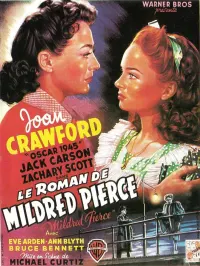




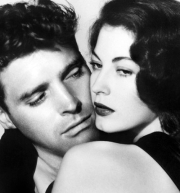
















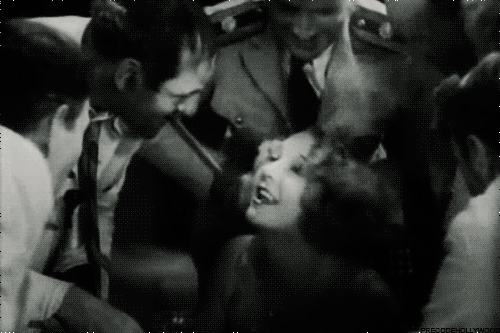


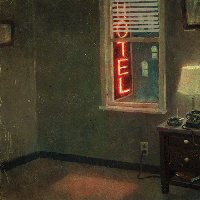
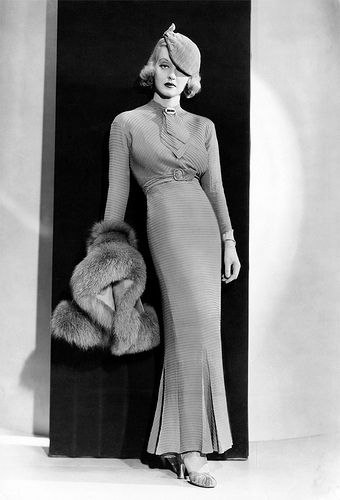



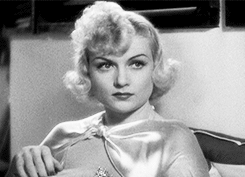
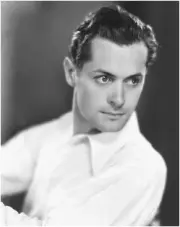
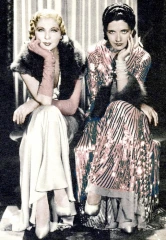

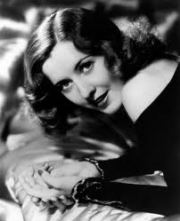



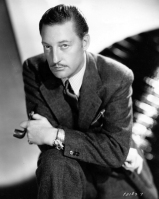




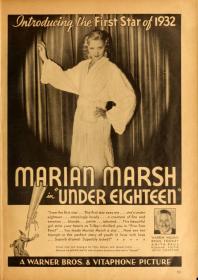
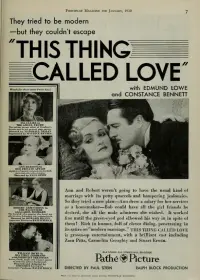

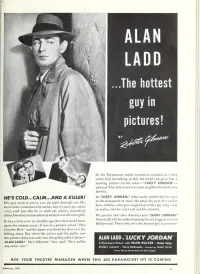
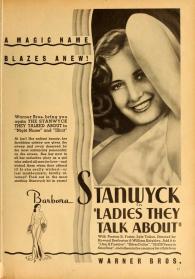

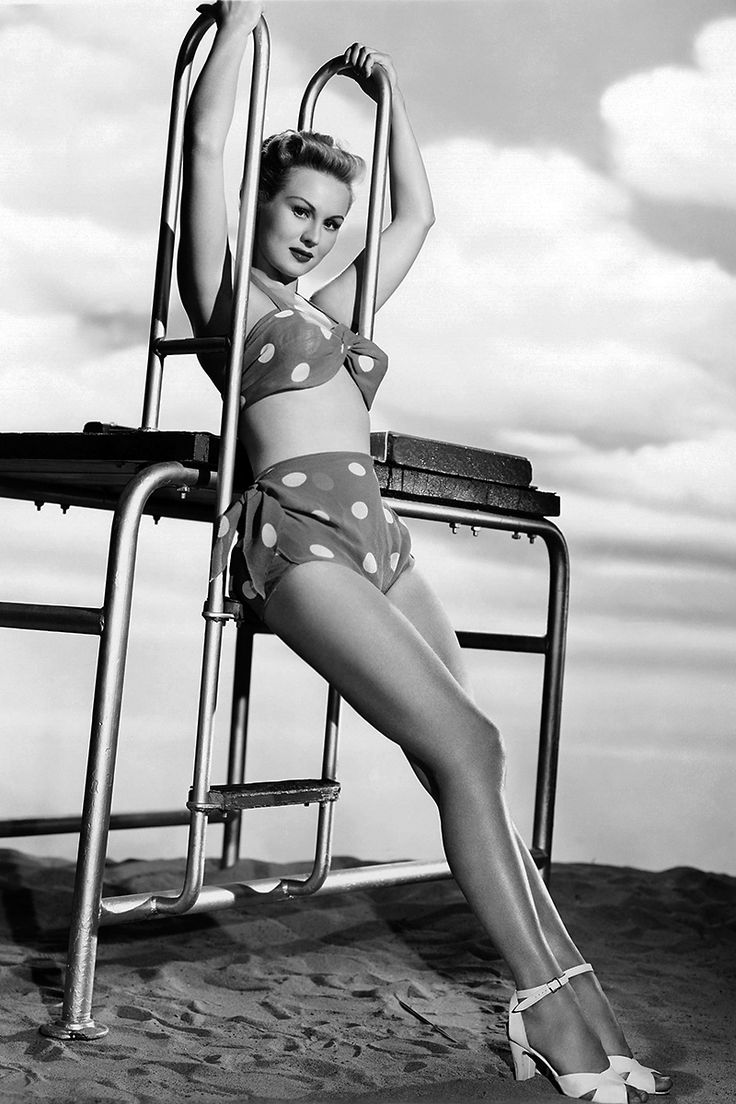



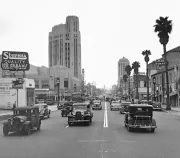
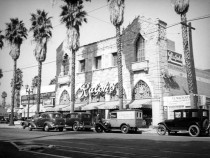


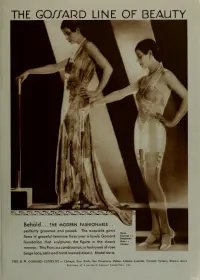

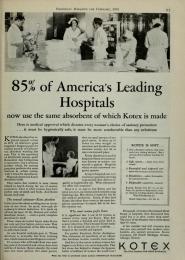

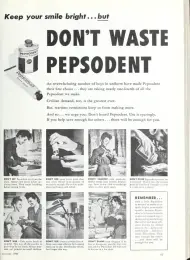


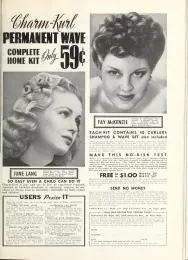





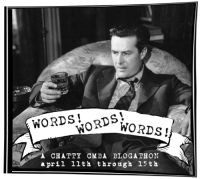

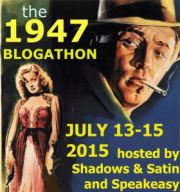
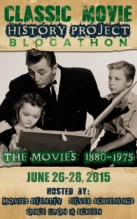
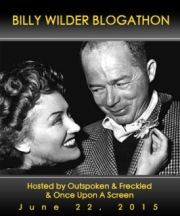


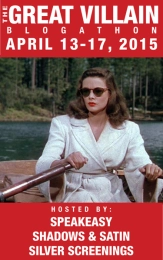


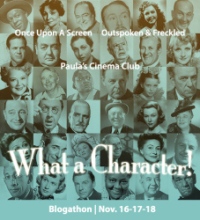



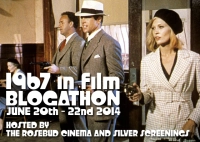


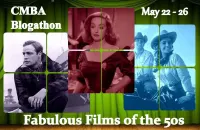
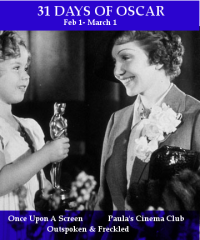
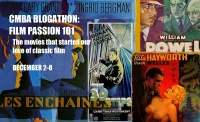







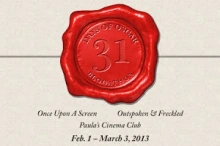

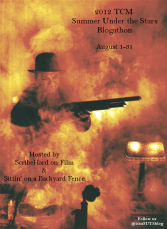


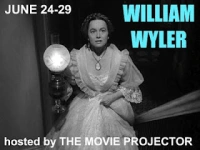





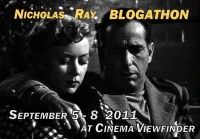

Janis Carter, both her character and her performance, really make this film a low-budget gem. It’s almost shocking that her necrophiliac thrill-seeking tastes were allowed past the censor. She’s one of the great, unsung femme fatales. I agree w/your “Oh Brother” assessment about the ending; the ‘happy’ tie-up weakens the film. Enjoyed your post!
Thanks, Grand Old! I totally agree that Janis Carter makes this movie. She was great in Framed, too! I wish she’d made more films noirs — she was an excellent femme fatale.
[…] Janis Carter was born Janis Elinore Dremann on October 10, 1913, in Cleveland, Ohio. She attended Western Reserve University, where she studied music and participated in a number of plays, then turned her sights toward a career in opera. After unsuccessfully auditioning for the Metropolitan Opera, she found work as a model, was seen in two Cole Porter musicals, and was spotted on the Broadway stage by 20th Century-Fox studio head Darryl F. Zanuck, who signed her to a contract. Changing her last name to Carter, Janis made her film debut in Cadet Girl (1941). Night Editor was her first film noir. For more on Night Editor (watch out for spoilers!), click here. […]